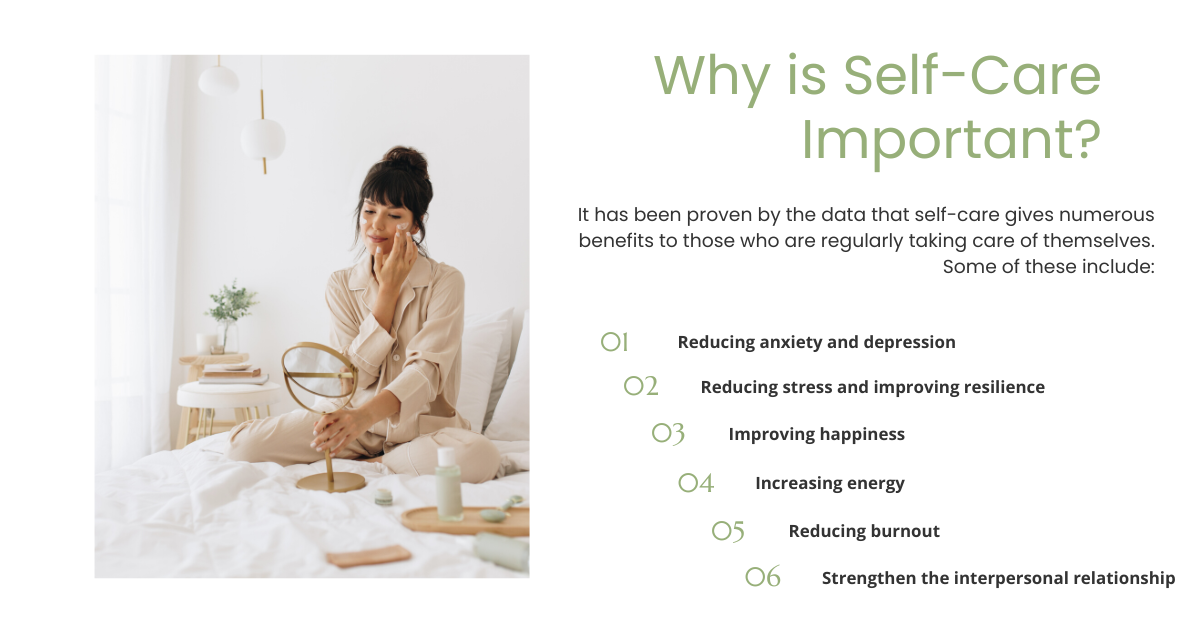Peri-menopause, is the period of time leading up to menopause when a woman's body begins to experience changes in hormone levels. These changes can begin 5 to 10 years BEFORE menopause and cause a variety of symptoms that generally increase over time. Fittingly this phase in a woman's life is also known as the "menopausal transition" phase as it leads up to the menopause itself. A woman is said to be in menopause when she hasn't had a period for 12 months in a row.
With the average age for menopause in the UK now at age 51, peri-menopause perimenopause can begin in some women in their late 30s, but most often it starts in women ages 40 to 44.
It's important for women to be aware of this phase and the changes that occur mentally, physically and emotionally, so they can take steps to manage them. As many of the symptoms, such as brain fog or extreme tiredness are often attributed to general life stress, women often don't realise they are in peri-menopause until they look back and see a pattern of symptoms gradually increasing to a point where it affects their well-being, ability to work or their relationships with those around them.

Here are some of the most common signs and symptoms of peri-menopause:
-
Mood changes:
Hormonal fluctuations can also cause mood changes such as loss of confidence, irritability, feeling more introvert or ongoing low mood.
-
Insomnia & Sleep disruptions;
Peri-menopause can also cause fatigue and insomnia. This is due to changes in the levels of oestrogen and progesterone and can be made worse by hot flushes or night sweats. It can vary from waking several times, to lying aware for hours or feeling anxious in the middle of the night.
-
Headaches:
Hormonal changes can also cause headaches and migraines due to fluctuations in oestrogen. Keep a diary to note when you are experiencing them and for. how long. This will help to identify whether they are hormonal or due to other reasons. It can be good to note down foods eaten and drinks taken in the diary as well as caffeine, alcohol and chocolate are some of many common triggers.
-
Bladder problems:
Peri-menopause can also cause bladder problems such as urinary incontinence or a frequent need to urinate. This can be frustrating, especially during the night. Try to avoid drinking after 7pm (or 2 - 3 hours before you go to bed). This can usually help.
- Increased irritability;
Many women notice a loss of patience during this time. In fact for many, this is one of the earlier symptoms. It can be caused by a combination of lack of sleep and changes to oestrogen and progesterone which affect our ability to sleep deeply. -
Weight gain:
As hormone levels change, women may experience weight gain, particularly around the abdomen, even if they are active and never had weight issues in the past. Hormones affect our metabolism and this can be a good time to review your eating habits and opt for healthier options.
- Anxiety or Depression
Our hormones directly affect our mental well-being and during peri-menopause, the changes tend to come in dips over time rather than at a steady linear rate. This can result in sudden changes to our mood and even increased anxiety or feelings of unexplained depression. -
Thinning or loss of hair;
Peri-menopause can also cause changes to your hair with many noticing thinning, dry or brittle hair that breaks easily.
-
Changes to skin;
Some women experience an increase in hormonal breakouts or even acne due to the fluctuating hormone levels. Skin can also feel a lot dryer or more sensitive.
-
Irregular periods:
One of the most common signs of peri-menopause is irregular periods. Women may experience changes in the length of their cycles, or they may have periods that are heavier or lighter than usual.
-
Hot flashes:
Although this is the most talked about symptom, hot flashes don't affect everyone. As hormonal changes affect our hypothalamus (the area of our brain that regulates heat), this can cause a sudden feeling of warmth or heat that spreads throughout the body and can be accompanied by sweating and a rapid heartbeat. While unpleasant these usually do pass.
- Feeling Cold;
Some women experience the opposite of hot flashes and feel cold all the time. This is because the issue is regulating temperature. -
Night sweats:
Night sweats are similar to hot flashes but they happen at night and can disrupt sleep. Sleeping with your window and bedroom door open slightly can help as we tend to sleep better in a cooler room. Also wearing natural fibres and sheets that are cool rather than winter sheets. Try out different options and see what works for you.
-
Vaginal discomfort
As hormone levels change during peri-menopause, women may experience vaginal dryness, which can make intercourse uncomfortable. There are several solutions to this and it is always important to discuss with your doctor so that you can find the right one.
- Loss of Libido;
With oestrogen and testosterone reducing significantly in mid-life, the desire and drive to make love can also reduce. Many women find they schedule intimate time in your
It's important to note that these symptoms can vary greatly from woman to woman, and some women may experience only a few of these symptoms, while others may experience many. Additionally, some women may experience these symptoms more severely than others.
Solutions
While perimenopause is a completely natural process and life stage, it can be a challenging time for many women. It has been argued that stress makes the symptoms of this transition much worse and often women are at an age where they are juggling many challenging life issues. From raising teenagers to supporting older parents, dealing with loss, illness or juggling a demanding career.

Knowledge is key and by being aware of the signs and symptoms, we can take steps to manage the symptoms and improve our quality of life. Thankfully there is much more conversation and awareness around peri-menopause today and a lot of resources available from HRT and supplements to eating plans, lifestyle changes such as meditation and exercise. There are also numerous books and online websites that can help you navigate this period in your life.
Remember that every woman's experience is different, If you suspect that you may be experiencing peri-menopause, it's important to speak with your healthcare provider. They can help you to manage your symptoms and may recommend hormone replacement therapy, therapy, lifestyle changes or other treatments.
Important: Always speak to a healthcare provider before embarking on any new medications or therapies, especially if you are currently taking medication.
Share This Article
We are all living in challenging times and stress levels have increased for many. Knowledge is power and little changes can often help us to return closer to a state of well-being and balance.
If you found this article helpful, why not share it with a friend or using our icons above, on your social media using the links above.
Next Steps
If you found this article helpful, why not share it on your social media using the links here?
Don't forget to sign up to our FREE Monthly Newsletter for more simple tips, quotes and resources straight into your inbox each month.

.png?width=200&height=100&name=Cathy%20Final%20Logo%20%20MW%20NEW!!%20%20(1).png)





